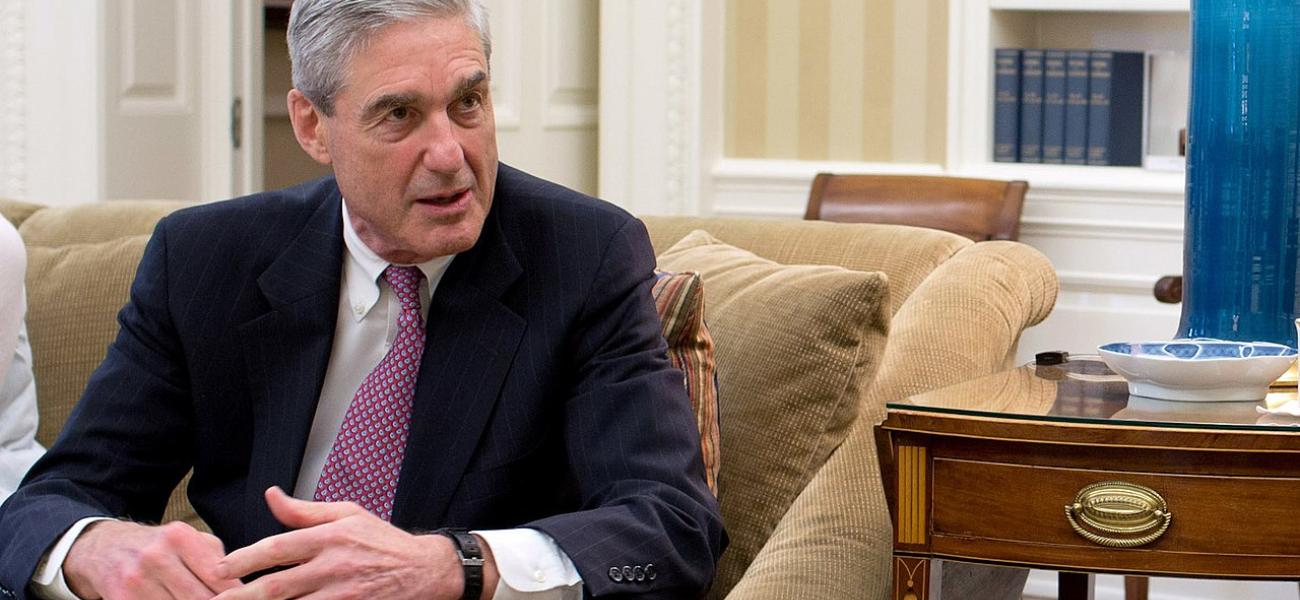
The Mueller Report and the Silence of the Experts
This is a summary of an article that originally appeared in The Moscow Times.
Timothy Frye, a professor at Columbia University, argues that the state of the public discussion on the Mueller Report highlighted "many shortcomings in American democracy" and revealed "a deeper failure that informs our broader politics: the silence of the experts. Those well-positioned to comment on the investigation — academic Russia watchers, political science experts on elections, and non-partisan national security specialists — too often ceded the debate to partisans.” Discussions on the Mueller report were dominated by “true believers” and “true skeptics.” The believers argued for the existence of a far larger conspiracy, which the Mueller report did not provide evidence for, while the skeptics denied “the extent of Russian involvement in the campaign.” According to the author, the failure of both groups to accurately represent the investigation is indicative of “the silence of expert communities who failed to ask hard questions of the true believers and true skeptics.” The author argues that experts could have presented a more realistic portrayal of Russian capabilities and goals than what was offered by the partisans. He concludes that “the expert community should have been injecting the hard-edged skepticism, demand for evidence, and appreciation of what we can and cannot know that marks the best academic interventions into policy issues. But these are hardly the first words that spring to mind when thinking of commentary in the run-up to the Mueller report.”
Read the full text at The Moscow Times.
Timothy Frye
Timothy M. Frye is an American political scientist. He is the chair of the department of Political Science at Columbia University.
Photo by the Executive Office of the President of the United States available in the public domain.
